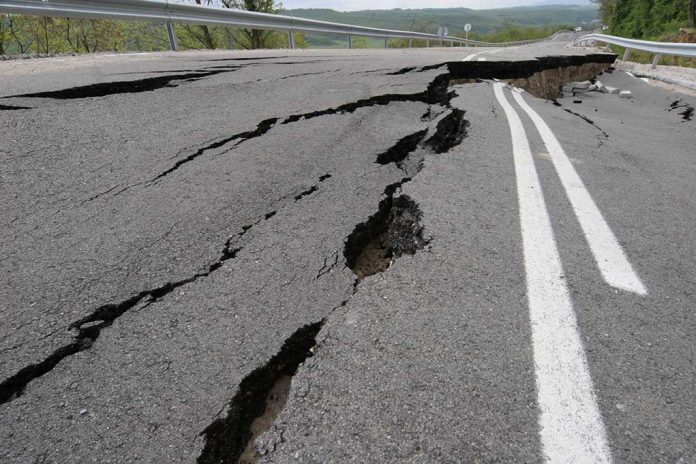
Bipartisan lawmakers propose harsh prison sentences for looters who exploit natural disaster victims at their most vulnerable moments.
Key Takeaways
- The LOOTER Act would make theft during federally declared natural disasters a felony offense
- Petty larceny would be punishable by up to one year in prison, while grand larceny could result in five-year sentences
- The bill has cross-party support from Representatives Jimmy Panetta (D-Calif.), Aaron Bean (R-Fla.), Tom Suozzi (D-N.Y.), and Troy Nehls (R-Texas)
- Lawmakers cite increasing exploitation of disaster victims as motivation for tougher penalties
- The legislation comes as forecasters predict an unusually active hurricane season with 3-5 major hurricanes expected
Bipartisan Coalition Takes Aim at Disaster Looters
A bipartisan group of House lawmakers is taking decisive action against criminals who exploit natural disaster victims by introducing legislation that would make looting during such emergencies a federal felony.
The bill, formally titled the LOOTER Act, would create significant legal consequences for those who steal from homes and businesses in areas under federal disaster declarations. This rare moment of cross-party cooperation reflects growing concern about criminal opportunism during hurricanes, wildfires, and other catastrophic events when law enforcement resources are stretched thin and communities are at their most vulnerable. Democratic Representative Jimmy Panetta of California, who drafted the legislation, brings prosecutorial experience to the issue. The bill establishes a graduated penalty system, with petty larceny during disasters punishable by up to one year in prison, while grand larceny could result in five-year sentences.
This represents a substantial escalation from typical misdemeanor theft charges, signaling lawmakers’ determination to create a powerful deterrent against predatory behavior during times of crisis when victims have often lost everything and have few means to protect their remaining possessions.
Law Enforcement Experience Shapes Legislative Response
The coalition backing the LOOTER Act includes Representatives with direct experience in law enforcement and disaster response. Republican Representative Troy Nehls of Texas, a former county sheriff, has witnessed firsthand how natural disasters create perfect conditions for criminal exploitation. His support, along with that of Representatives Aaron Bean (R-Fla.) and Tom Suozzi (D-N.Y.), demonstrates the broad geographical and political consensus that disaster-zone looting represents a serious threat requiring federal intervention. Florida and Texas, in particular, have faced recurring hurricane threats that leave communities temporarily defenseless against organized criminal activity.
The timing of this legislative initiative is particularly significant as meteorologists forecast an unusually active 2025 hurricane season, with predictions of three to five major hurricanes. This above-average activity would potentially place millions of Americans in vulnerable situations where evacuation orders could leave properties unprotected. The proposed legislation aims to create a powerful legal deterrent that would make criminals think twice before targeting disaster zones, while also giving prosecutors stronger tools to ensure justice for victims who have already suffered catastrophic losses from natural events beyond their control.
Addressing a Growing Threat to Disaster Recovery
Supporters of the LOOTER Act point to disturbing trends of increased criminal activity following natural disasters. In recent years, communities struggling to recover from hurricanes, wildfires, and floods have faced the additional burden of widespread theft and property crimes.
These incidents not only cause direct financial harm to already devastated victims but also undermine the social cohesion necessary for effective community recovery. By establishing uniform federal penalties for disaster-zone looting, the legislation aims to remove jurisdictional inconsistencies that have sometimes allowed criminals to exploit gaps in local law enforcement capacity. The bill represents a practical response to a real-world problem that transcends partisan divides. While Congress remains deeply divided on many issues, the protection of disaster victims from criminal exploitation has emerged as an area of rare consensus.
By focusing on accountability and justice for victims, the LOOTER Act reflects core American values about protecting the vulnerable and ensuring that those who would exploit tragedy for personal gain face serious consequences. As communities across the nation prepare for what could be a challenging storm season, this legislation signals that predatory behavior during disasters will no longer be treated as routine theft but as a serious offense against communities at their most vulnerable moment.














